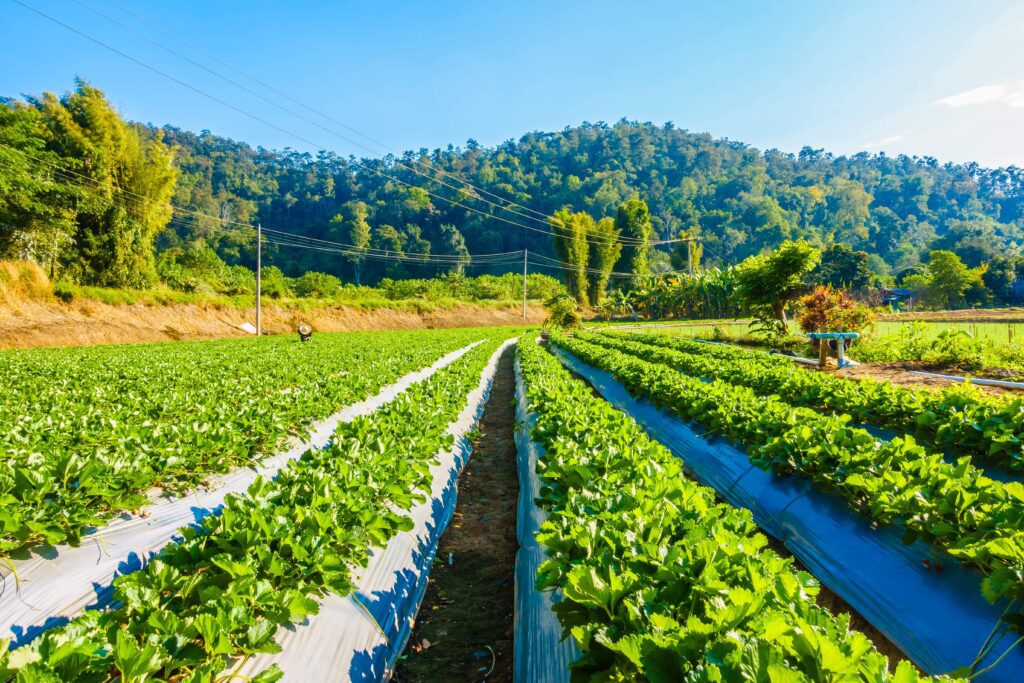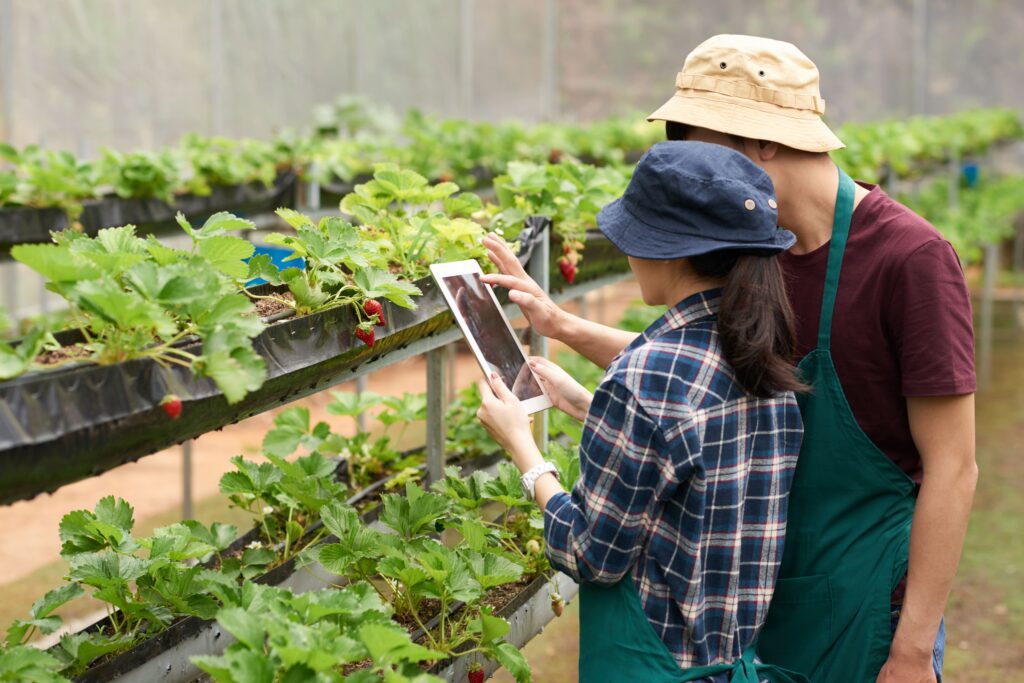
In the heart of innovation lies Nova Farms, a beacon of hope and progress in the realm of agriculture. In an era where sustainability and efficiency are paramount, Nova Farms stands out as a pioneer, reshaping traditional farming practices and embracing cutting-edge technologies to pave the way for a brighter future. Let’s embark on a journey to explore the transformative impact of Nova Farms and how it’s shaping the landscape of agriculture.
Cultivating Change
Agriculture, the cornerstone of human civilization, is undergoing a profound transformation driven by rapid technological advancements and the urgent need for sustainability. Nova Farms emerges as a catalyst in this evolution, championing innovative approaches to address the challenges facing modern agriculture.

Sustainability at the Core
At Nova Farms, sustainability isn’t just a buzzword; it’s a way of life. From water conservation and soil health to energy efficiency and waste reduction, every aspect of their operations is meticulously designed to minimize environmental impact. Through precision farming techniques and the integration of renewable energy sources, Nova Farms sets a new standard for eco-friendly agriculture.

Embracing Technology: The Digital Farm of Tomorrow
In the digital age, data is king, and Nova Farms harnesses its power to optimize every facet of their operations. Utilizing drones, sensors, and IoT devices, they gather real-time data on soil moisture, crop health, and weather patterns, enabling data-driven decision-making. Machine learning algorithms analyze this wealth of information to predict crop yields, optimize irrigation schedules, and even detect diseases early, ensuring higher productivity and reduced resource usage.

Vertical Farming: Growing Upwards, Not Outwards
With global populations soaring and arable land dwindling, traditional farming methods face limitations. Nova Farms tackles this challenge head-on through vertical farming, a revolutionary approach that maximizes space utilization while minimizing environmental footprint. By stacking layers of crops in vertical structures equipped with LED lighting and hydroponic systems, they can grow more food in less space, closer to urban centers, and with minimal water usage.

Community Engagement: Cultivating Connections
Beyond the fields, Nova Farms fosters a sense of community by actively engaging with local residents and stakeholders. Through educational programs, farmer training initiatives, and partnerships with schools and universities, they empower the next generation of agricultural leaders while promoting awareness of sustainable farming practices. Additionally, by sourcing locally and supporting small-scale farmers, Nova Farms contributes to the vitality of rural economies and strengthens food security.

Challenges and Opportunities Ahead
Despite its groundbreaking achievements, Nova Farms faces formidable challenges on the road to a sustainable future. Climate change,
by sourcing locally and supporting small-scale farmers, Nova Farms contributes to the vitality of rural economies and resource scarcity, and socio-economic disparities loom large, demanding innovative solutions and collective action. However, within these challenges lie opportunities for growth and collaboration. By forging partnerships, investing in research, and embracing a mindset of continuous improvement, Nova Farms remains steadfast in its mission to drive positive change. more

Conclusion: Cultivating a Brighter Future
As we reflect on the journey of Nova Farms, it becomes evident that the future of agriculture is ripe with possibilities. By marrying technology with sustainability and fostering community engagement, Nova Farms exemplifies a holistic approach to farming that transcends boundaries and inspires hope. As we stand on the cusp of a new agricultural revolution, let us look to Nova Farms as a guiding light, illuminating the path towards a more resilient, equitable, and sustainable future for generations to come.
In the digital age, data is king, and Nova Farms harnesses its power to optimize every facet of their operations. Utilizing drones, sensors, and IoT devices, they gather real-time data on soil moisture, crop health, and weather patterns, enabling data-driven decision-making. Machine learning algorithms analyze this wealth of information to predict crop yields, optimize irrigation schedules, and even detect diseases early, ensuring higher productivity and reduced resource usage.

